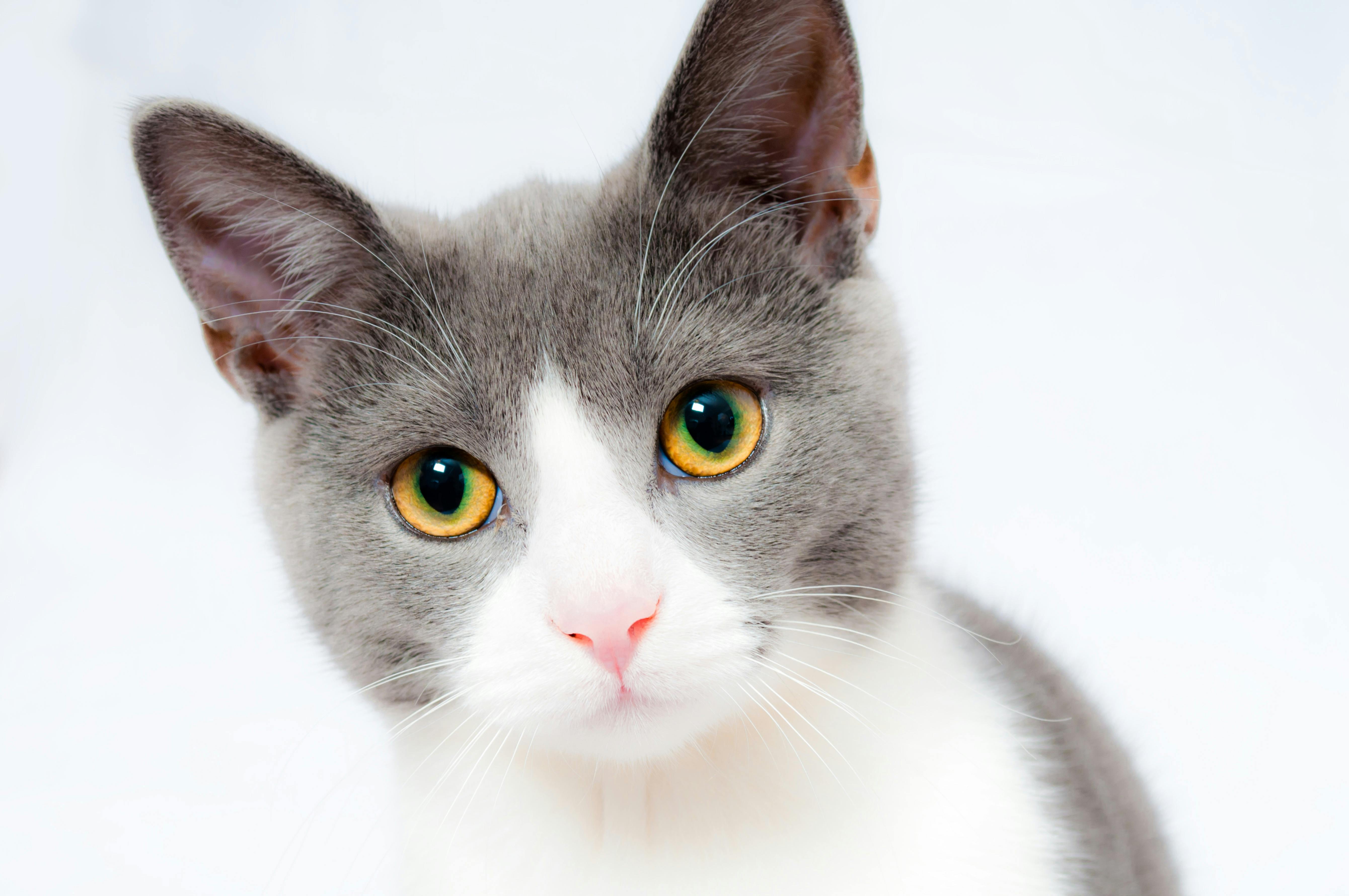The Global Emergence of Pet Parenting
In modern society, the trend of pet parenting is shifting the dynamics of human-animal relationships. This evolution is not just about owning pets; it's about embracing them as integral family members. Read below to discover how this phenomenon is reshaping societal norms and influencing our cultural fabric.

The Genesis of Pet Parenting
The concept of pet parenting isn’t entirely new. Throughout history, humans have formed deep emotional bonds with animals, but the level of care and consideration given to pets today is unprecedented. Traditionally, pets were viewed primarily as companions or working animals. However, the societal shift towards nuclear families, coupled with technological advancements in pet care, has fueled the rise of pet parenting.
Pet Parenting Today: A Cultural Revolution
In today’s society, pet parenting is a global trend that transcends cultural boundaries. From celebrating pet birthdays to investing in pet insurance and healthcare, the commitment pet parents show is indicative of a significant cultural shift. This trend has also led to a booming pet industry, with markets expanding to include pet-friendly travel, luxury pet products, and sophisticated pet services.
The Societal Implications of Pet Parenting
Pet parenting is not just a cultural phenomenon—it also has profound societal implications. The bond between pets and their human parents can have positive impacts on mental health, fostering emotional stability and reducing stress. Furthermore, pets often serve as social catalysts, fostering community connections and promoting social interaction.
The Underpinning Research
A host of research supports the benefits of pet parenting. Studies suggest that the bond between humans and pets can lower blood pressure, decrease loneliness, and even increase chances of survival after a heart attack. The psychological benefits are also substantial, contributing to the popularity of therapy and emotional support animals.
The Future of Pet Parenting
As society continues to evolve, so too will the phenomenon of pet parenting. The trend points towards an even greater integration of pets into daily life, with businesses and public spaces becoming more pet-friendly. Moreover, advancements in technology will likely lead to innovations in pet care, further solidifying pets’ place in our homes—and in our hearts.
In conclusion, pet parenting is more than a passing fad. It is a cultural revolution that reflects our evolving societal values and norms. As we continue to navigate this trend, it’s essential to understand the impact it has on our lives, our communities, and our society at large. It’s not just about spoiling our furry friends—it’s about acknowledging their significant role in our emotional and social well-being.






